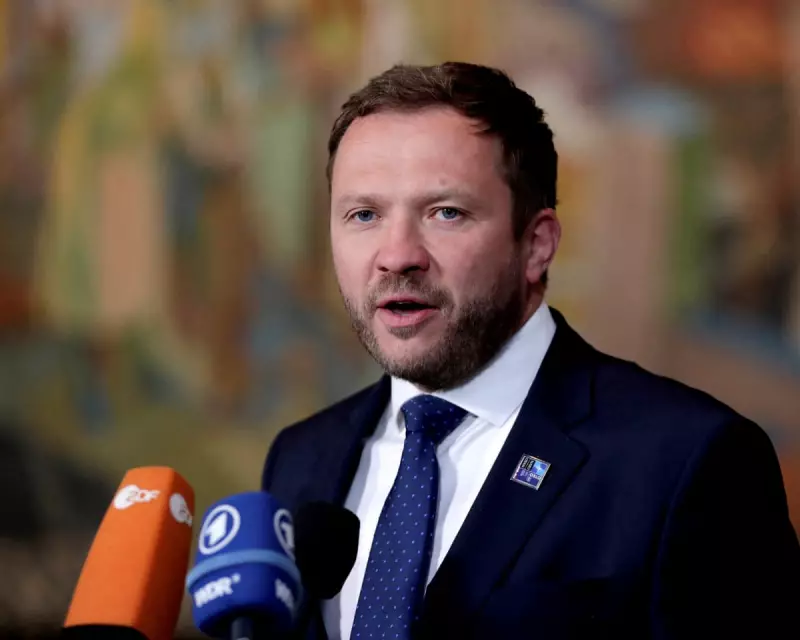
Estonia has issued a stern condemnation of what it calls a "brazen" violation of its sovereign airspace by a Russian military aircraft, escalating already heightened tensions in the Baltic region.
The Estonian Ministry of Defence confirmed that an Ilyushin Il-76 military transport aircraft entered Estonian airspace without authorisation on Thursday morning. The violation occurred near Vaindloo island in the Gulf of Finland, with the aircraft remaining in Estonian territory for approximately one minute.
Deliberate Provocation or Navigational Error?
Estonian officials were quick to dismiss suggestions of a accidental incursion. The flight path and nature of the aircraft suggest a deliberate act rather than a navigational mistake, according to defence experts. This incident follows a pattern of increased Russian military activity near NATO borders.
"This was not just a routine flight that went slightly off course," a senior Estonian defence official stated. "The characteristics of this violation indicate a calculated move that tests NATO's vigilance and response capabilities."
NATO's Response and Regional Implications
The incident has been formally reported to NATO allies and international security organisations, including the United Nations Security Council. Estonia, a NATO member since 2004, expects a coordinated response from the alliance amid growing concerns about regional security.
This airspace violation occurs against a backdrop of increased NATO military exercises in the Baltic states and Poland, designed to deter potential aggression. The timing suggests Moscow may be testing the alliance's resolve and response protocols.
Historical Context and Growing Tensions
Airspace violations in the Baltic region have occurred periodically since Russia's annexation of Crimea in 2014. However, defence analysts note that recent months have seen an uptick in such incidents, alongside increased naval activity and electronic warfare operations.
The Estonian foreign ministry has summoned the Russian chargé d'affaires to provide a formal explanation for the incursion. Moscow has yet to issue an official statement regarding the incident.
This development comes as NATO continues to bolster its eastern flank defences, with increased troop rotations and enhanced air policing missions across the Baltic states. The alliance remains on high alert for any further provocations that could destabilise the already tense security situation in Northern Europe.






